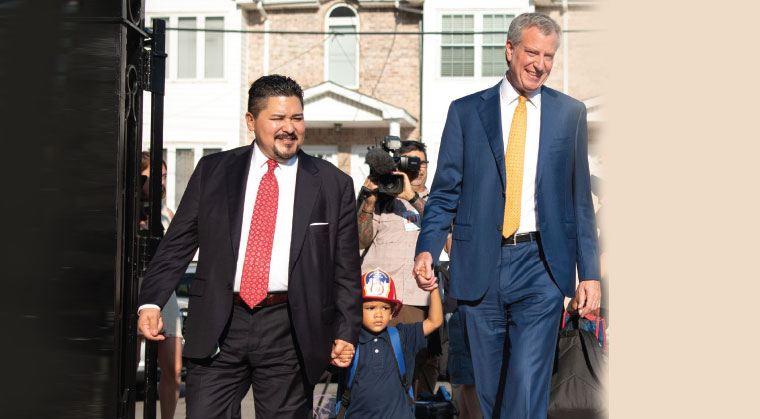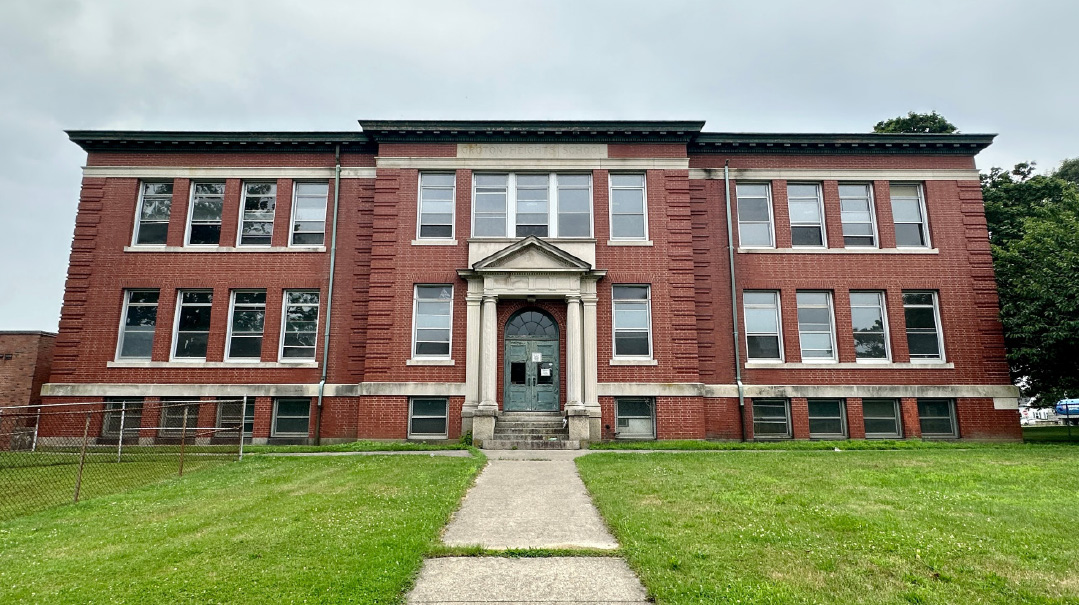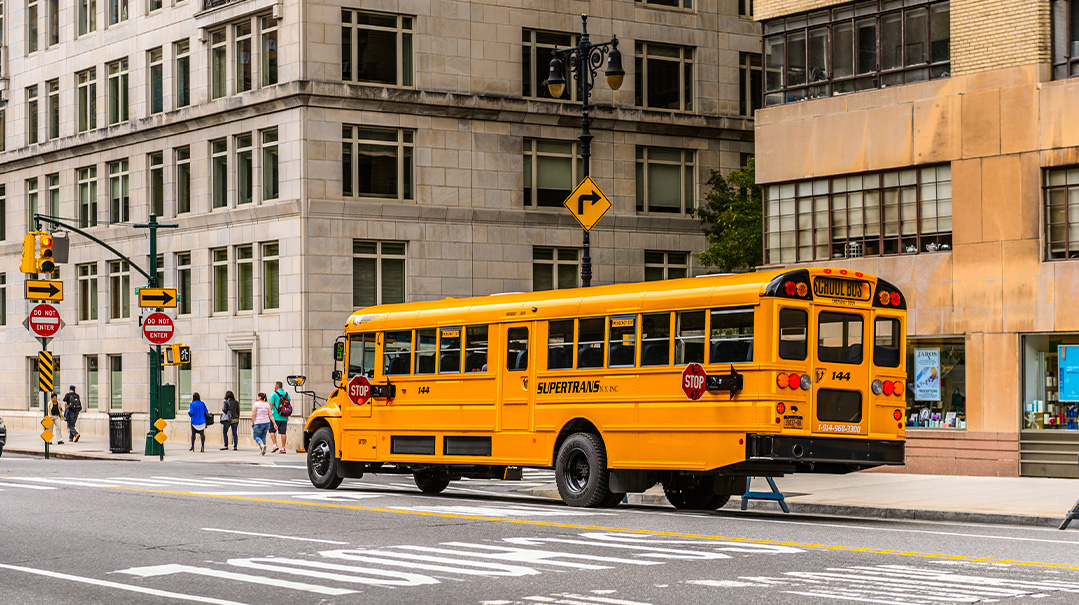City Faces Off against Yeshivos


New York City’s schools chancellor Richard Carranza is on a crusade, and yeshivah advocates cannot figure out how far he will go.
A deadline passed on Friday for the city’s nearly 290 yeshivos to set dates for inspectors to visit and check if they are complying with new guidelines regarding secular education. Almost all of them had already been inspected by Carranza’s team before the guidelines were announced in November, but four of them were not, mostly for technical reasons.
At a meeting Carranza had Thursday with yeshivah representatives, held on the sidelines of a session in which inspectors were trained how to review yeshivos, no progress was made for scheduling visits for the final quartet of holdouts. The city is demanding dates be set while Avi Schick, an attorney for the yeshivos, has been saying that he first wants to know the conditions for the inspections.
The saga began in 2015 when a group called Yaffed was set up by several former yeshivah students who claimed they did not receive an adequate secular education. They cited 39 yeshivos in a complaint they filed with the city.
After an exhaustive review, the city announced last year that only 30 of the named institutions were actually yeshivos. It further said that 15 of those schools had been inspected and the education department was awaiting the other 15 to give them dates to come visit.
An additional 11 were reviewed in a process that ended about three months ago. The other four, all the high schools on the list, had agreed to be inspected but were first seeking clarity as to what to expect. This is a typical request ahead of any type of official inspection.
Then, the state announced late last year that it was implementing for the first time a checklist of standards for private schools, which until now had gone largely unregulated. The state constitution, in a mandate almost deliberate in its vagueness, says that private schools must be “substantially equivalent” to public schools. That, said state education commissioner MaryEllen Elia, would mean from now on that they must teach a variety of subjects in classes that last at least 17 hours a week.
The release of the guidelines led to an uproar, with the Catholic schools system quickly announcing that it would not allow inspectors in. Yeshivah groups have held back from following the Catholic lead as they negotiate with the agency while mulling a possible lawsuit on religious liberties grounds.
In New York City, Elia deputized the city’s education department to perform the inspections. Carranza immediately set out an aggressive schedule to visit the yeshivos, not even waiting until after the year-end holiday season. He also declared that his staff would initially target the 30 yeshivos they had just completed inspecting.
Alarmed at being singled out, a yeshivah group complained to the state, which instructed Carranza to work alongside the yeshivos and give them until February 15 to come to an agreement.
Days before the Friday deadline, Mayor Bill de Blasio warned at an unrelated press conference that the four yeshivos would lose all government funding for textbooks and busing if they did not immediately allow in the inspectors.
“Time’s up, you must let the [Department of Education] officials into your school,” the mayor said. “If not, there will be very serious consequences.”
So what’s the next step?
For the city, next would be to ask the state education commissioner for follow-up, something it has not done yet. The four yeshivos, meanwhile, will continue demanding that the city clarify in advance what its staff will be looking for. The yeshivos are looking seriously at legal options in the event the city does not cooperate.
For the city’s other private schools, the way this is turning out is leading to uncomfortable questions. Will Carranza be resending inspectors to them now that the state’s tougher checklist is in place?
This is a story that will play out for a while.
(Originally featured in Mishpacha, Issue 749)
Oops! We could not locate your form.













